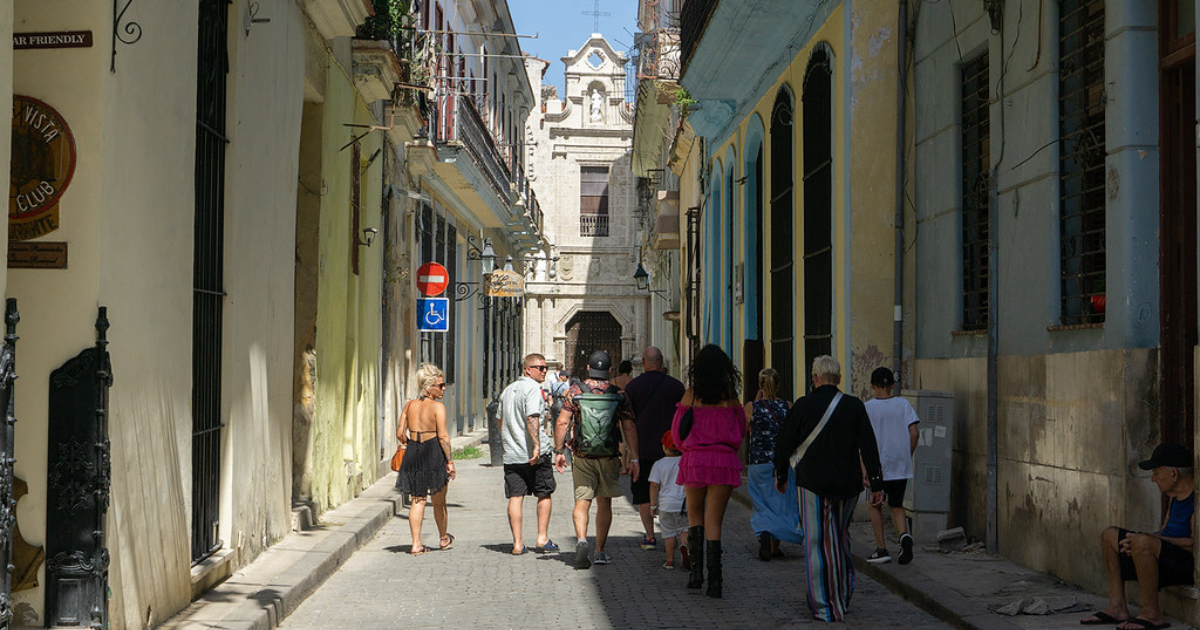
The cases of Oropouche virus imported to Europe in recent weeks through travelers coming from Cuba are on the rise, and at least 11 have already been detected, according to official data from European health authorities.
In its most recent report on disease behavior, the European Centre for Disease Prevention and Control (ECDC) confirmed two cases of Oropouche detected in Germany in individuals who recently traveled to the island, while raising the number diagnosed in Italy to four.
For its part, the Center for Coordination of Alerts and Health Emergencies (CCAES) of the Ministry of Health of Spain reported this week that five cases of the Oropouche virus (OROV) have been detected in travelers returning from Cuba so far this summer, according to a dispatch from the EFE agency.
In mid-July, the ECDC revealed the detection of six cases of the disease in Europe: three in Spain and the same number in Italy.
The number of confirmed cases in Spain reported by that health entity remained at three until the weekly report closing on August 2. However, Spanish health authorities updated the number to five, involving residents from four different autonomous communities: Galicia, Andalusia, the Basque Country, and Madrid.
The EFE report warns that imported cases of Oropouche from Cuba are expected to increase due to outbreaks in several Latin American countries; however, "the risk of transmission is very low" because the mosquito that spreads it, the Culicoides paraensis, does not inhabit the country.
In its mid-July report, the European Centre for Disease Control counted three cases of the disease in Italy, in people coming from the island, a number that has already risen to four.
Italy recorded the first case of Oropouche in Europe, which was reported on June 7, after the virus was identified in a person who had returned from Cuba to the Veneto region on May 26.
The traveler experienced the onset of symptoms, which included fever, arthralgia, arthritis, headache, and retro-orbital pain, on the day of their arrival; and had to be hospitalized for four days.
Meanwhile, on July 29, Germany reported two confirmed cases of the disease. The travelers experienced their first symptoms on June 16 and July 2, respectively, during their stay in Cuba. One of the individuals had fever, myalgias, and headaches, while the other had headaches, general malaise, and arthralgia.
The patients tested positive for specific IgG and IgM tests for OROV upon their return to Germany. Authorities indicated that no epidemiological relationship is known between the two cases, according to the ECDC report.
The health entity has emphasized that there is no association between the Oropouche cases detected in those three European countries, except that all had been in Cuba. A single case, recorded in Italy, comes from Brazil.
At the end of July, the Cuban Ministry of Public Health reported that the virus had spread to all provinces, since it was first identified in the country last May.
The presence of this arbovirus, along with dengue, has worsened the national epidemiological situation and keeps citizens on alert amid the health crisis that Cuba is facing, marked by a shortage of medications and supplies, a lack of medical personnel, and a scarcity of resources to initiate fumigation campaigns to curb the spread of the mosquito carriers of both diseases.
In the last week of July, the Ministry of Health of Brazil reported the first deaths recorded in the world from the Oropouche virus.
On August 1, the Pan American Health Organization and the World Health Organization (PAHO/WHO) issued an epidemiological alert in the Americas region and urged member states to strengthen surveillance and implement laboratory diagnosis for the identification and characterization of Oropouche cases, EFE reported.
What do you think?
COMMENTFiled under: